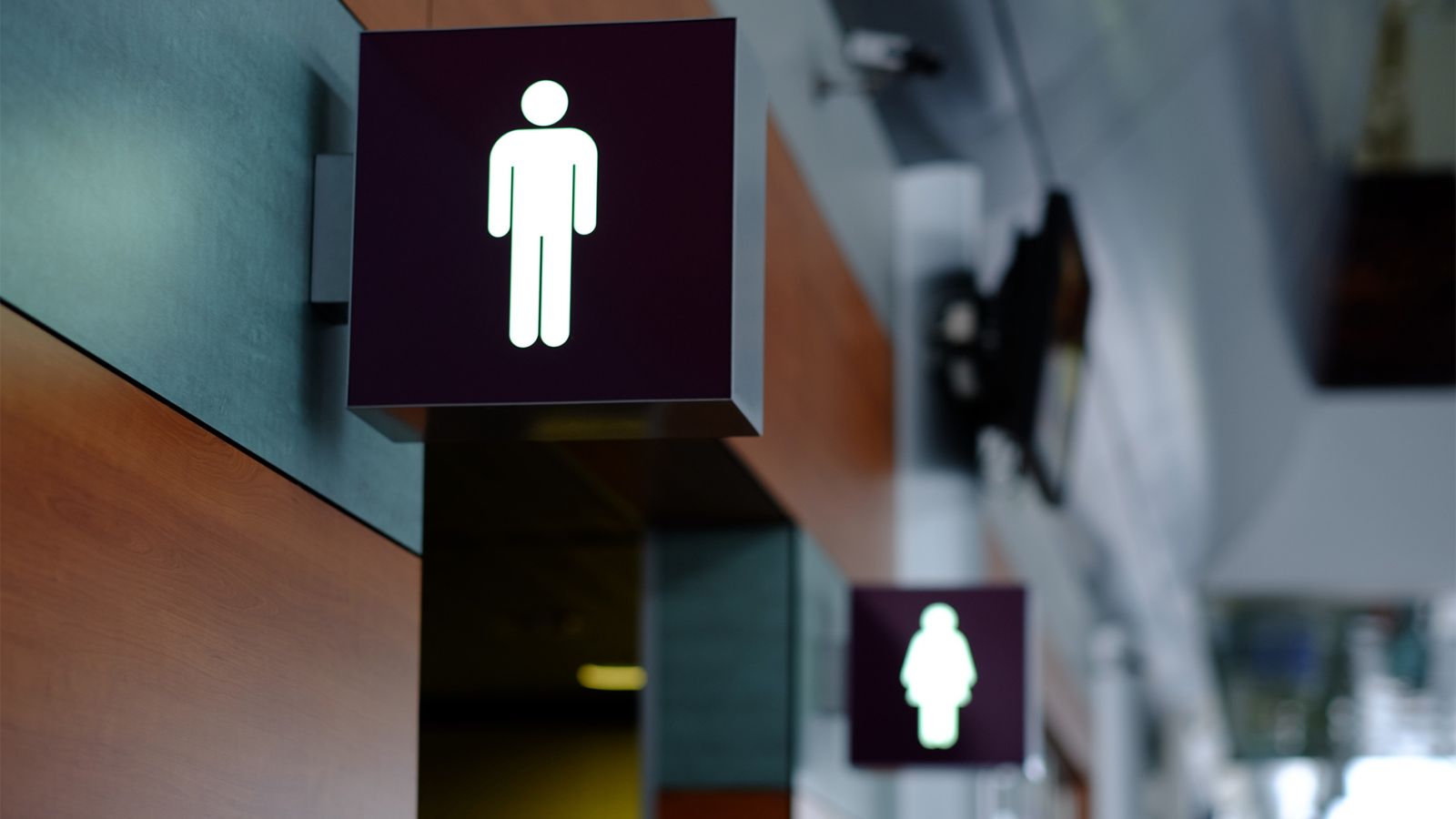The Ruling on When the Imām and the Maʿmūm Hold Conflicting Opinions in Ṣalāh
Shaykh al-Islām Ibn Taymiyyah


Shaykh al-Islām Ibn Taymiyyah (d. 728 AH) said:
“An imām leading the prayer may leave—based on his own research—what the ones praying behind him believe to be obligatory. For example, the imām may not hold that reciting the basmalah [aloud] is wājib, or he may not be from among the ones who perform a [new] wūdūʿ from bleeding, or coughing, or touching his wives. However, the ones praying behind this imām (maʿmūm) are of the opinion that wuḍūʿ is required in these instances. The opinion taken by Imām Mālik in this issue is that the ṣalāh of these maʿmūm is valid. This is also one of the opinions of Imām Aḥmad and Imām Shāfiʿī, while Imām Abū Ḥanīfah holds the opinion that the ṣalāh of these maʿmūm is invalid.
There is no doubt that the opinion taken by the scholars of Madīnah [i.e Imām Mālik] in this matter is correct. For it comes in the authentic ḥadīth in Ṣaḥīḥ Bukhārī that the Prophet (ﷺ) said:
[Let him] lead you in prayer. If he is correct, then [the reward] is for you [the maʿmūm] and for him [the imām]. If he has made a mistake, then [the reward is still] for you [the maʿmūm] but against him [the imām].’
This [ḥadīth] concisely addresses this issue. As the imām is praying in light of his own research and effort, so it is incorrect to rule his ṣalāh as being invalid. Wouldn’t we implement his judgement if he was to make that judgement based on his own studious research? So, allowing him to lead us in prayer is more appropriate [than that].
The opposing opinion is in the vein that the maʿmūm believe the ṣalāh of that imām to be invalid. This is a mistake [on their part]. For the imām is praying based either on his imitation [of a scholar more knowledgeable than him] or based on his own research. If he is correct, then he will have two rewards. If he is mistaken, then he will have but one reward, and the mistake will be forgiven for him. So how can one say that his ṣalāh is invalid?”
Endnotes:
1. Saḥīḥ Bukhārī: 694
Source: Majmūʿ al-Fatāwá 10:364
Translated by: Riyāḍ al-Kanadī

















